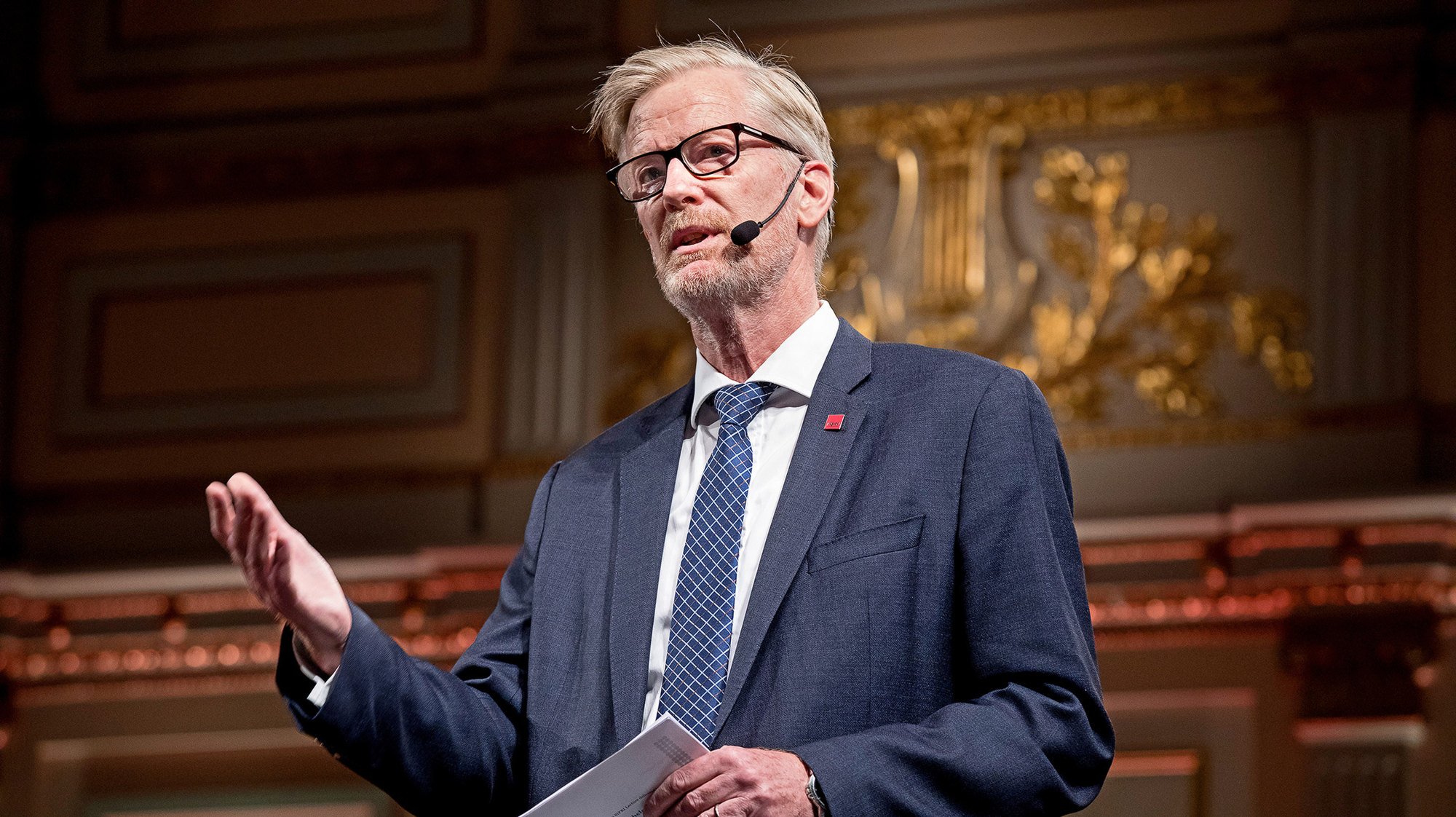
EU sanctions on Chinese firms ‘will have little impact on Russia’s war in Ukraine’
- Proposals targeting Chinese companies express ‘some degree of hostility towards China without being effective’, think tank head says
- Stockholm International Peace Research Institute chief Dan Smith says it is ‘difficult for China to be taken completely seriously by Ukraine’ as a peacebroker
“I see this as being kind of an expression of some degree of hostility towards China, without being effective about it.”
He added that there was “currently no evidence that China has transferred complete weapon systems to Russia” and that if the EU and others could recognise that sanctions were an inefficient policy instrument, they might then start to work out how diplomacy, cooperation and pragmatic relations could help achieve their goals.
“But, of course, the question then is whether the Chinese leadership is open to discussion and persuasion,” he said.
Ukraine doesn’t have enough shells. Avdiivka withdrawal shows that
The EU has reportedly asked for a blacklist of more than 20 companies, including three from mainland China and one from Hong Kong, for circumventing EU sanctions on Russia and contributing to Russia’s military development.
If approved, the blacklisted companies, mostly technology and electronics firms, would be barred from trading and engaging in businesses with the 27 member states.
It is the first time the bloc has targeted mainland Chinese firms since Russia invaded Ukraine. The EU had previously placed similar bans on more than 600 companies, including three firms based in Hong Kong.
Smith said the trade between the two countries was no different from those between the West and Moscow.
“And of course, some of that is contributing towards the Russian military effort, which is not surprising because in order to pursue this war, the government of President [Vladimir] Putin has turned Russia into an arms economy,” Smith said.
“So if you’re trading with Russia at all, you are indeed contributing to an arms economy. And despite the sanctions, there’s still a lot of Western trade with Russia. So one part of me does not really quite understand why the EU would do this.”

Beijing and Moscow have moved closer together since the start of the war, but China has consistently denied providing military support.
China’s top diplomat Wang Yi told the Munich Security Conference last week that the relationship between the two countries involved “no alliances, no confrontation and [is] not targeting any third party”.
Smith added that if China wished to mediate a peace deal it needed to make clear its “coolness towards Russia and its dislike of Russia’s decision to seize Ukrainian territory”.
‘Eternal glory’: Putin hails Russia’s ‘important victory’ in Ukraine’s Avdiivka
“At the moment, I think it is difficult for China to be taken completely seriously by Ukraine as a mediator or facilitator of negotiations, in the same way that Russia would find it hard to take the EU or the US seriously in that role,” Smith said.
“So I think if China wants to play that role – and it would be very useful if it could do –then it needs to take a little bit more distance from Russia and make clear some criticism of Russia’s actions in Ukraine.”

